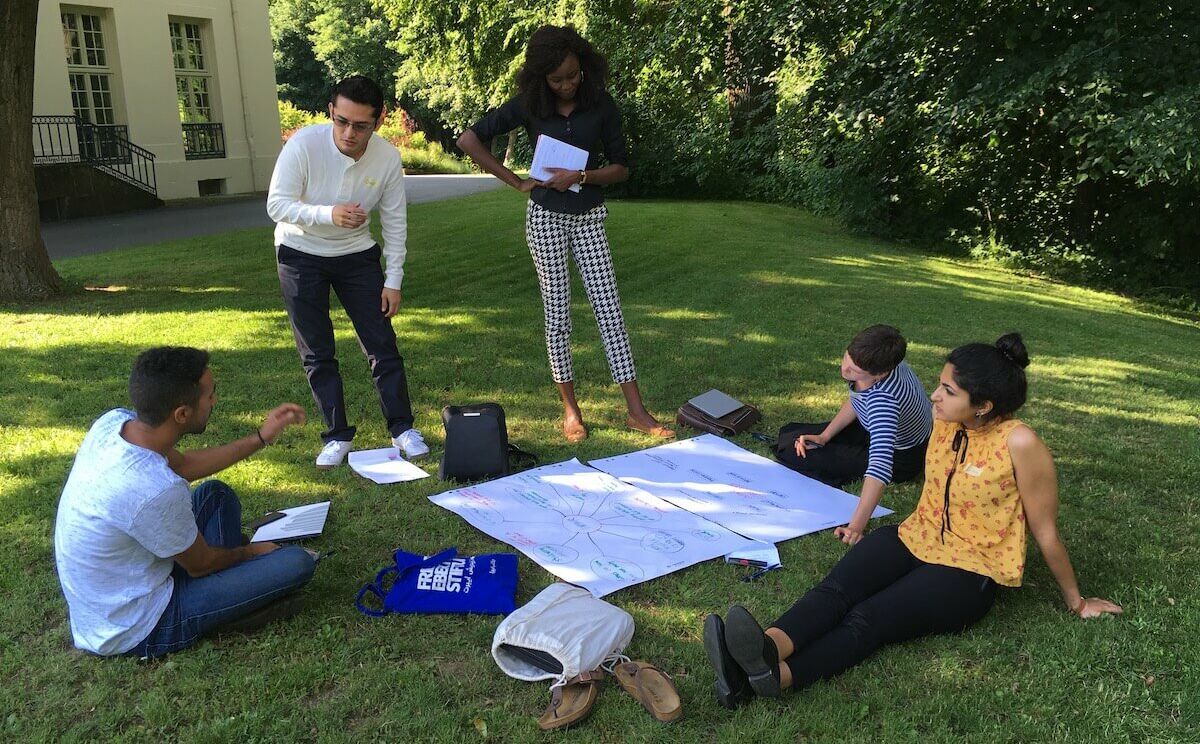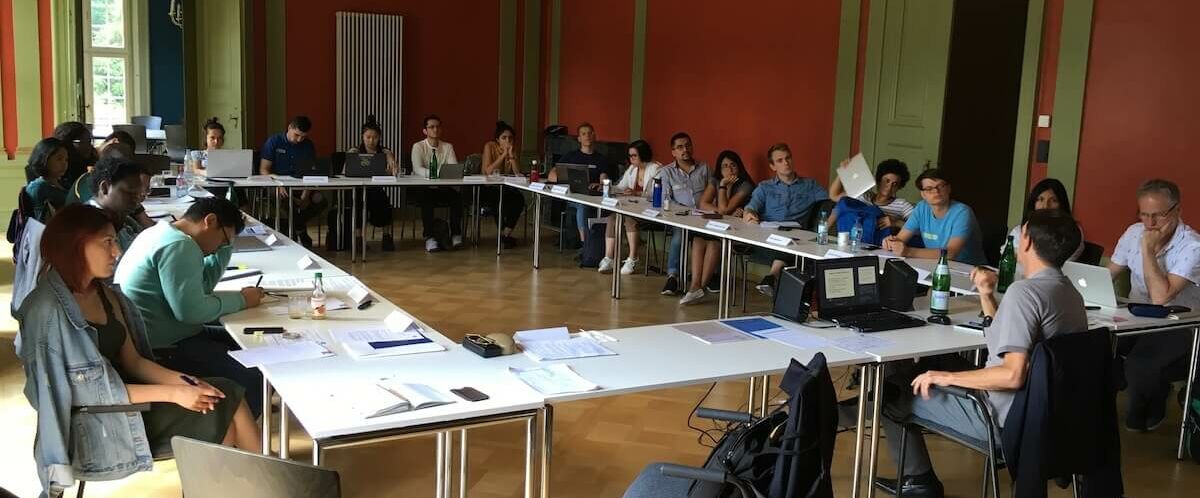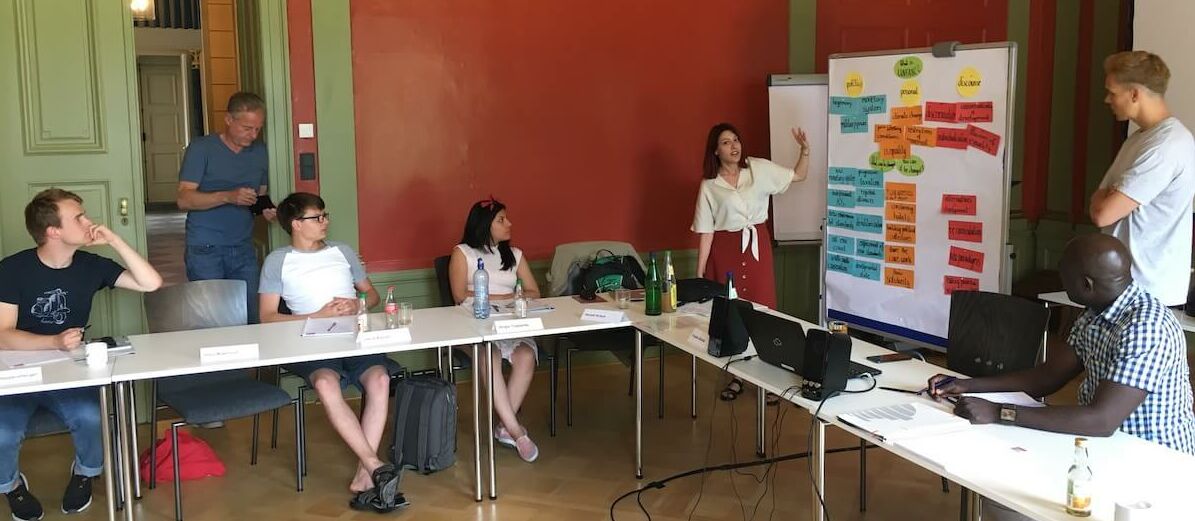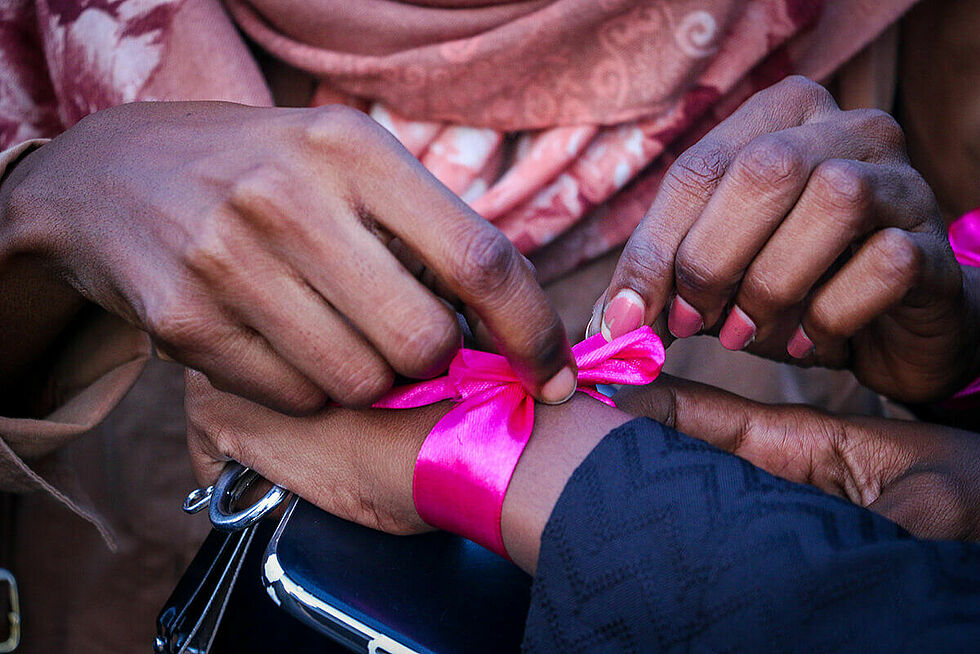The International Kassel Summer Academy brings a fresh approach to the persistent big questions
The mission of the International Kassel Summer Academy could not be more topical. Global growth and investment are slowing, while warnings of a recession are growing louder. The IKSA’s academic focus has always been on the world economy, the financial sector and global inequality, since it was launched in 2003 by the German University of Kassel and the Hans Böckler foundation, named after Germany’s leading post-war unionist. The Friedrich-Ebert-Stiftung (FES) has been a co-host of the IKSA since 2005.
From the beginning, the IKSA has offered young activists, labour representatives, and political party youth a space to connect. Participation of activists from the Global South has always been key. Many lecturers come from the network of the Global Labour University (GLU), which was set up in 2004 to improve trade unions’ understanding of the impacts of globalization. In keeping with this spirit, every session of the IKSA includes a factory visit and discussion with a works council member.
Another key part of the IKSA concept is acknowledging the new ways that young people experience their political engagement. Much has been made of them turning away from formal politics. But the truth is that, while party membership and voting turnout may be falling, young people are still politically active in other ways, and care deeply about political matters such as education or climate change. This year’s intake included some very young activists engaged in topics as diverse as democracy and human rights (Poland, Peru), mental health (Mozambique), workplace harassment (Indonesia), feminist geography and invisible voices in knowledge ownership (Ecuador), and local labour struggles (Germany).
“The tagline of the IKSA, ‘Making Globalization Fair’, has remained unchanged because, unfortunately, the world economy has not become fairer,” said professor Christoph Scherrer head of the Globalization and Politics department at the International Center for Development and Decent Work of the University of Kassel, and a part of the IKSA programme from the outset.
“The decent work deficit has widened, inequality has increased, and the ecological preconditions for the survival of humanity are eroding,” he said. Furthermore, authoritarian governments are increasingly limiting rights of workers, smallholders and indigenous communities. “Majoritarian nationalism is deepening the impact of the competitive race on world markets, not relieving the symptoms.”
On the other hand, we are also seeing a rise of international solidarity initiatives, he said. “The international community is discussing interesting instruments for protecting workers in global supply chains, and youth is mobilizing against climate change.”
“Therefore, discussing the drivers of the world economy as well as strategies countering the negative consequences of increased corporate power and authoritarian governments is as relevant as it ever was.”
The IKSA is supported by FES. To apply for the June 2020 edition, contact your FES country office or directly Katrien Klüver for more information on the application process and the requirements.
###
For more information on the work by FES on just globalization and development contact the FES Department for Global Policy and Development in Berlin.
About FES Connect
Connecting people, in the spirit of social democracy, we source and share content in English from the German and international network of the Friedrich-Ebert-Stiftung.









